UN population report: Key takeaways for India and the world
Ancient and Medieval History
Art and Culture
Modern History
Post Independence History
World History
Indian Society
Physical Geography
Indian Geography
World Geography
Indian Polity
Governance
Social Justice
International Relations
Economics and Economic Development
Science and Technology
Environment and Biodiversity
Disaster Management
Internal Security
Ethics, Integrity and Aptitude
Ethics Case Studies
Essay
Government Scheme
Daily Updates
Why are school unions in Gujarat opposing the government’s PPP mode schools?

2023-04-15
10:08 am
758 Views
A coalition of school management, teachers, and principals has united to oppose the introduction of four new types of schools, namely Gyan Setu Day schools, Gyan Shakti Residential Schools, Gyan Shakti Tribal Residential Schools, and Raksha Shakti Residential Schools, which are being established under the public-private partnership (PPP) model by the Gujarat Education Department.
These schools are scheduled to begin operating from the 2023-24 academic year, starting from Class 6.
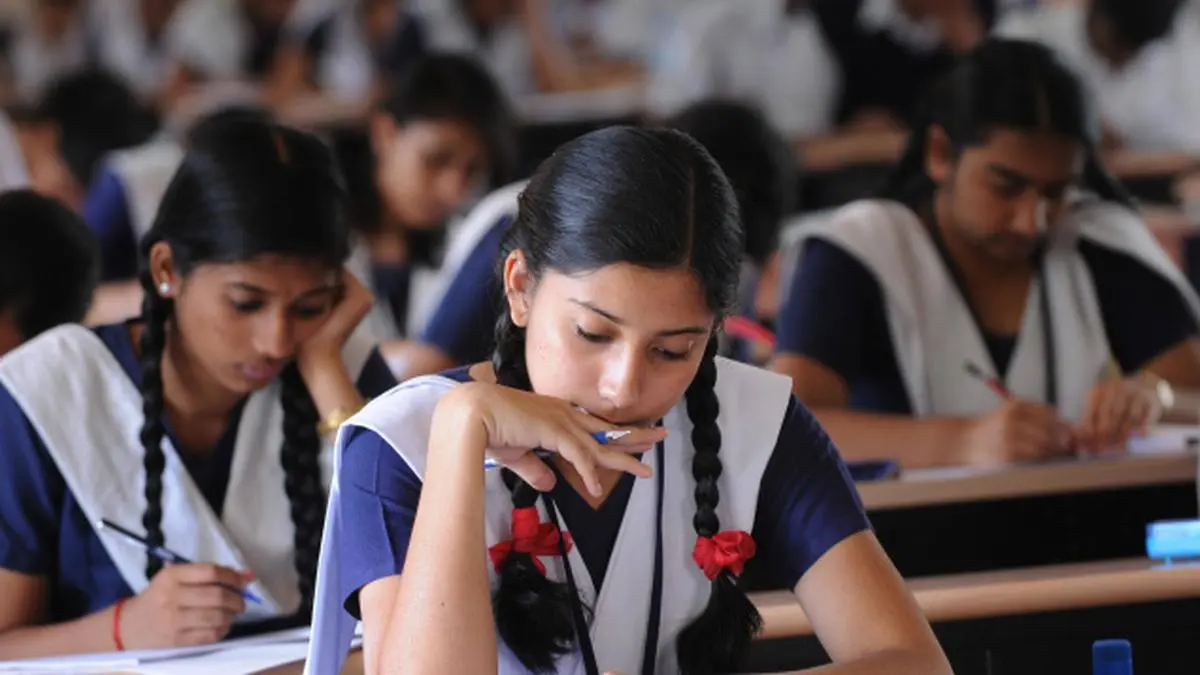
Schools under the public-private partnership (PPP) model
- The new model schools will operate on the principle of janbhagidaari.
- There will be a total of 500 Gyan Setu Day Schools, with a student capacity of 70 students in Class 6 for each school.
- Additionally, there will be 50 Swami Vivekanand Gyan Shakti Residential Schools and 50 Swami Vivekanand Gyan Shakti Tribal Residential Schools, each with a student capacity of 2,000 students. The first year will enroll 300 students in Class 6.
- Ten Raksha Shakti Residential Schools will be started, with a total student capacity of 500, and the first year will enroll 70 students in Class 6.
- Education in these schools will be free of cost for students.
- The state government will reimburse private entities Rs 20,000 to Rs 60,000 per student annually for recurring costs, along with a yearly hike of 7%.
- Private entities can use their existing infrastructure or set up additional infrastructure based on minimum criteria.
Issues and Challenges
- The government plans to start 'model' schools within government schools using private capital and available infrastructure to improve education standards and enrollment in government schools.
- State-level associations of teachers, school management, and principals have alleged that the government aims to withdraw support from district panchayat and corporation-run schools and promote privatization of education.
- The consequences may be decline in enrolment in government and grant-in-aid schools leading to surplus teachers and principals.
- The funding being given to the 'model' schools is a "double expenditure" for the government as it is already giving grants to grant-in-aid schools.
- The associations suggest that this funding can be given to government and grant-in-aid schools to improve infrastructure and learning levels.
- Entrance exams for admission to 'model' schools are said to violate the Right to Education (RTE) Act as only "bright" students will be selected, leaving weaker students behind.
- Weaker students from government and grant-in-aid schools should be admitted to these PPP mode schools and provided with the latest technological education to improve their learning levels.
- If only good students are given admission to PPP mode schools, it will lead to the closure of more schools, and students in interior and backward areas will suffer.
- Grant-in-aid schools demand the abolition of the result-based grant policy where grants depend on Class 10 board results.
- Thousands of vacancies, from principals to administrative staff, in more than 2000 grant-in-aid secondary and higher secondary schools, directly impact the quality of education.
- Pay protection for appointments after 2009 and non-implementation of dearness allowance announced by the central government in July 2022 and January 2023 are some of the leading causes of teacher dissatisfaction.
- Recruitment of non-teaching staff, freedom of schools in making appointments, hikes in grants given by the government, minimum fee charged by private schools under fee regulation policy, converting Gujarati-medium classes to English medium, issues regarding transfers, and exemptions given to minority schools are some of the other pending issues.











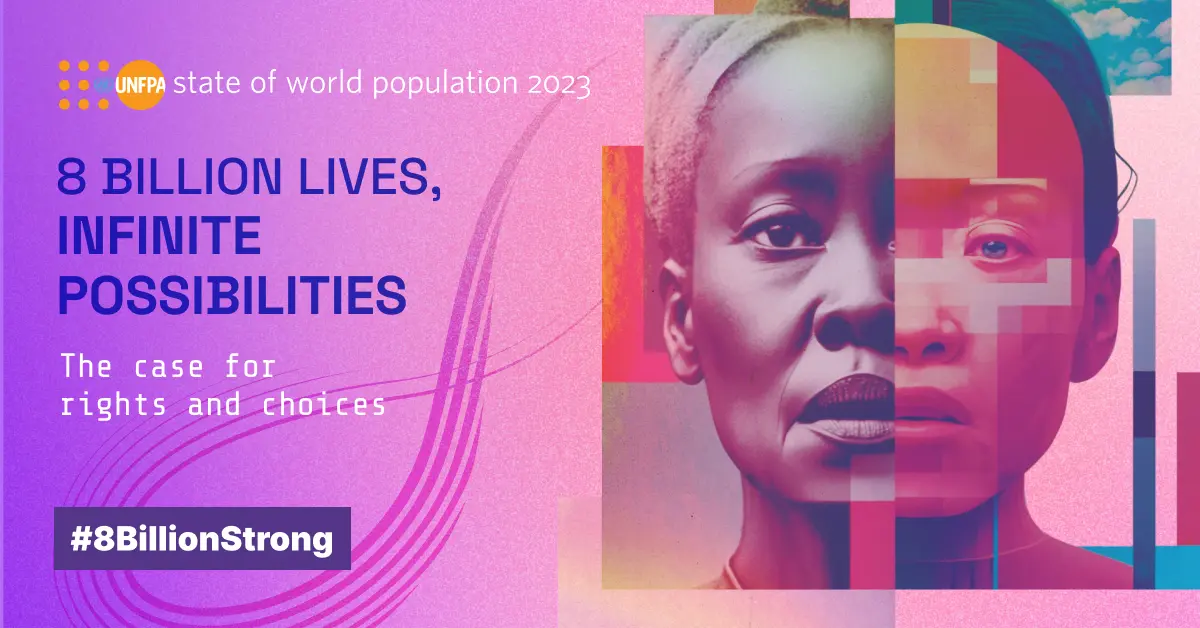
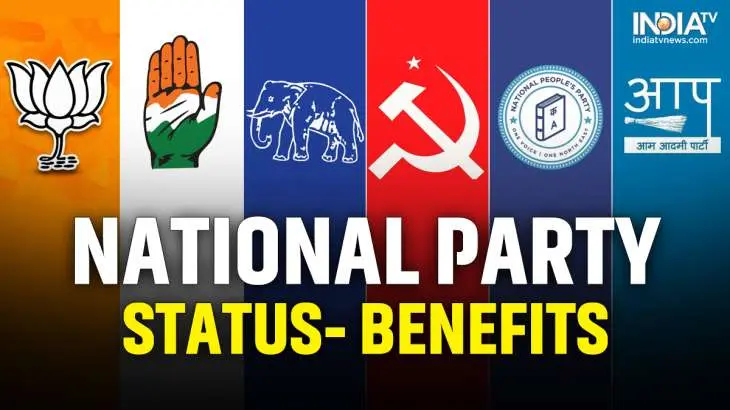
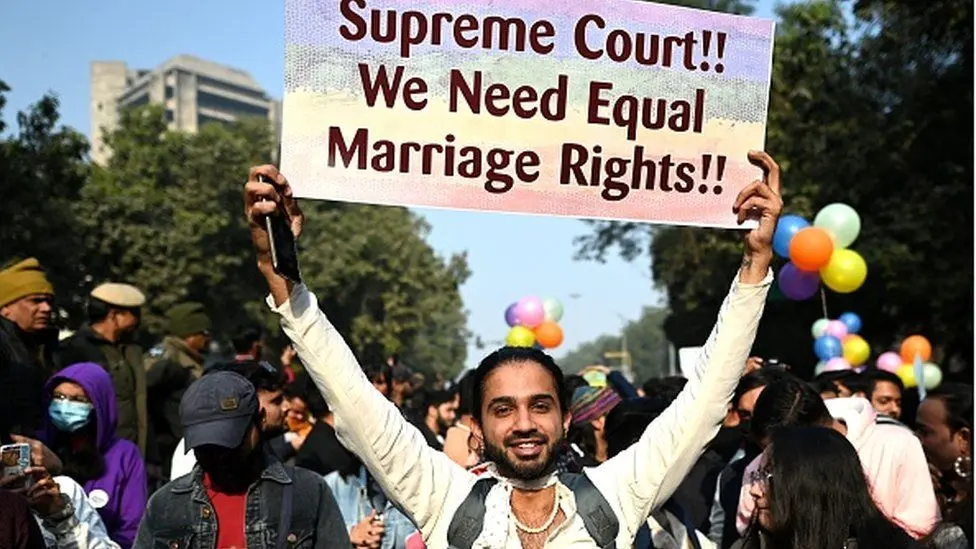
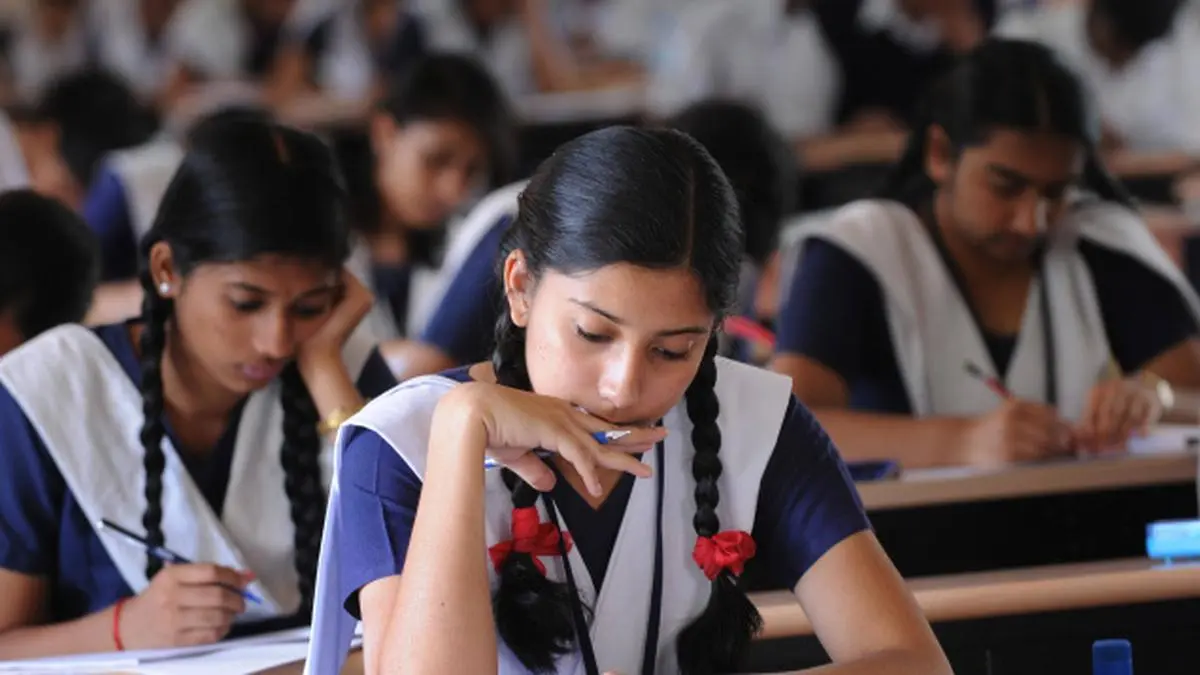
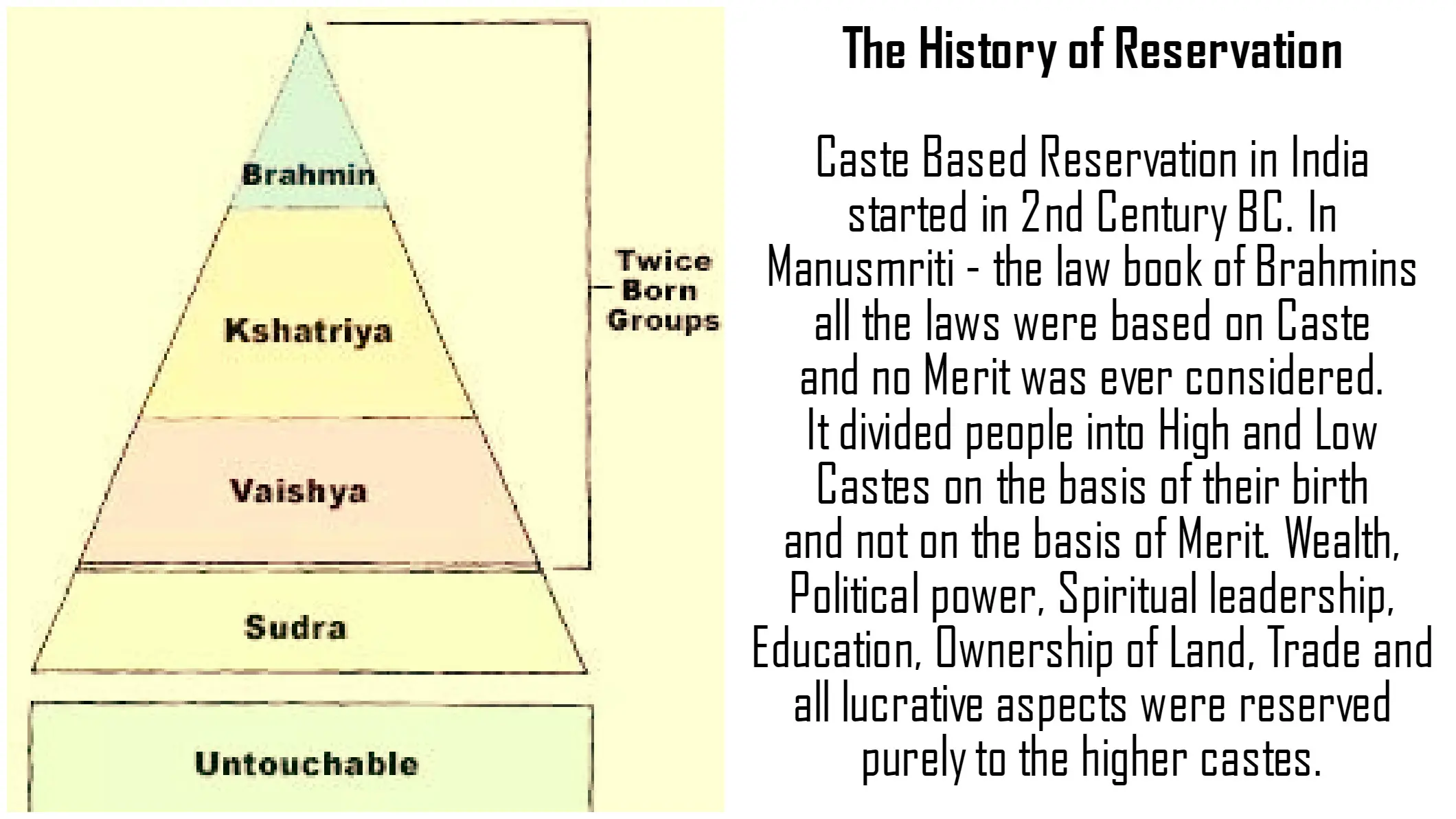
Comments
Login To Comment
Recent Comments